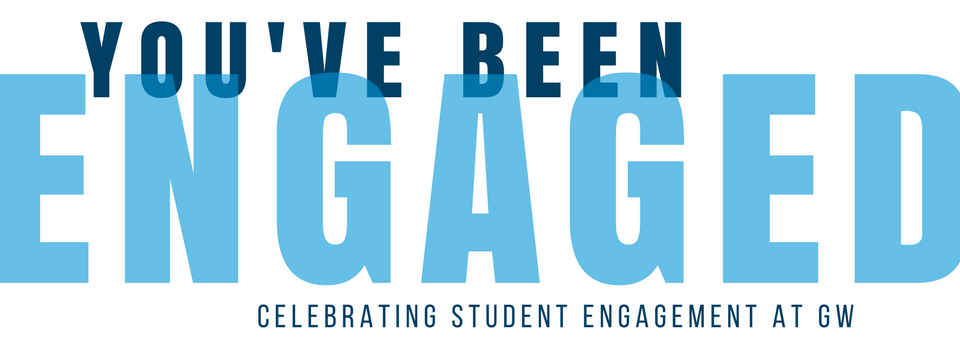by Natalie Hershberger (nhershberger@gwu.edu) and Lin Philpott (philpott@gwu.edu)
Connectedness is a key factor in student success and retention. Students who are engaged in the academic and social life of a college campus are more likely to persist to graduation. This engagement includes students developing meaningful relationships with peers, faculty, and staff as well as building strong academic bonds in and outside the classroom.
The beginning of the first year of college is a pivotal time for creating student connections among individuals and with the university. Among many avenues for creating connections, the Center for Student Engagement offers two pre-semester, co-curricular programs for new incoming students: Adventure Bound and LEAD GW. These programs ease participants’ transition to college and helps students build connections with the campus community before classes even begin. ...continue reading "Leveraging Pre-Semester, Co-Curricular Programs to Support Student Success"

